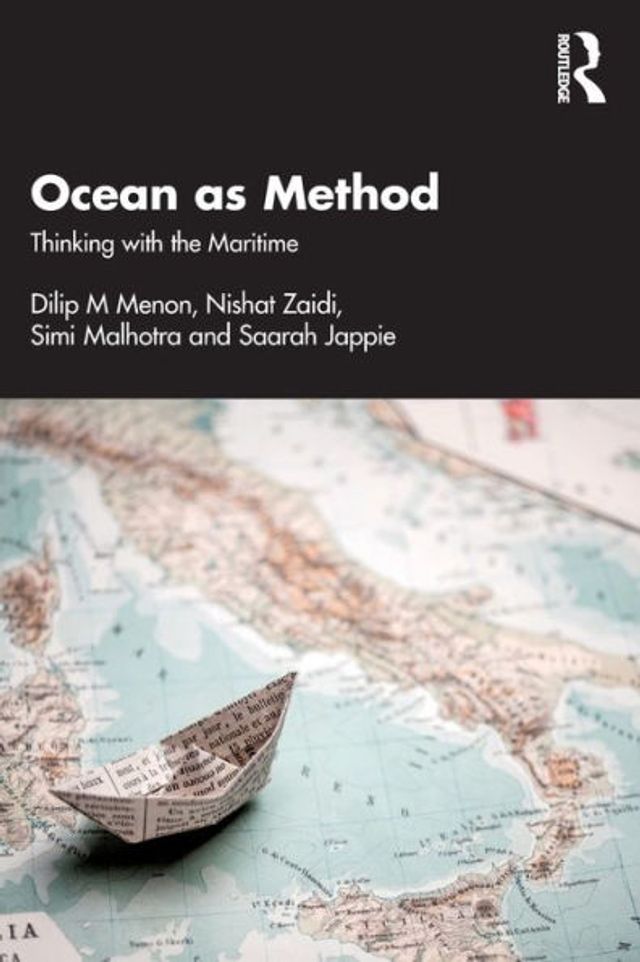Home
Tracks on the Ocean: A History of Trailblazing, Maps, and Maritime Travel
Barnes and Noble
Tracks on the Ocean: A History of Trailblazing, Maps, and Maritime Travel
Current price: $37.50


Barnes and Noble
Tracks on the Ocean: A History of Trailblazing, Maps, and Maritime Travel
Current price: $37.50
Size: Hardcover
Loading Inventory...
*Product information may vary - to confirm product availability, pricing, shipping and return information please contact Barnes and Noble
An engaging look at ocean routes’ complicated beginnings and elusive impact.
Sara Caputo’s
Tracks on the Ocean
is a sweeping history of how we have understood routes of travel over the ocean and how we came to represent that movement as a cartographical line. Focusing on the representation of sea journeys in the Western world from the early sixteenth century to the present, Caputo deftly argues that the depiction of these lines is inextricable from European imperialism, the rise of modernity, and attempts at mastery over nature. Caputo recounts the history of ocean tracks through an array of lively stories and characters, from the expeditions of Captain James Cook in the eighteenth century to tracks depicted in
Moby Dick
and popular culture of the nineteenth century to the use of navigational techniques by the British navy. She discusses how tracks evolved from tools of surveying into tools of surveillance and, eventually, into paths of environmental calamity. The impulse to record tracks on the ocean is, Caputo argues, reflective of an ongoing desire for order, schematization, and personal visibility, as well as occupation and permanent ownershipin this case over something that is unoccupiable and impossible to truly possess. Both beautifully written and deeply researched,
shares how the lines drawn on maps tell the audacious and often tragic and violent stories of ocean voyages.
Sara Caputo’s
Tracks on the Ocean
is a sweeping history of how we have understood routes of travel over the ocean and how we came to represent that movement as a cartographical line. Focusing on the representation of sea journeys in the Western world from the early sixteenth century to the present, Caputo deftly argues that the depiction of these lines is inextricable from European imperialism, the rise of modernity, and attempts at mastery over nature. Caputo recounts the history of ocean tracks through an array of lively stories and characters, from the expeditions of Captain James Cook in the eighteenth century to tracks depicted in
Moby Dick
and popular culture of the nineteenth century to the use of navigational techniques by the British navy. She discusses how tracks evolved from tools of surveying into tools of surveillance and, eventually, into paths of environmental calamity. The impulse to record tracks on the ocean is, Caputo argues, reflective of an ongoing desire for order, schematization, and personal visibility, as well as occupation and permanent ownershipin this case over something that is unoccupiable and impossible to truly possess. Both beautifully written and deeply researched,
shares how the lines drawn on maps tell the audacious and often tragic and violent stories of ocean voyages.


















